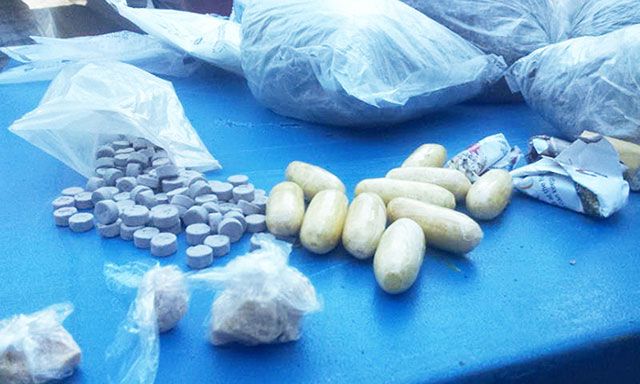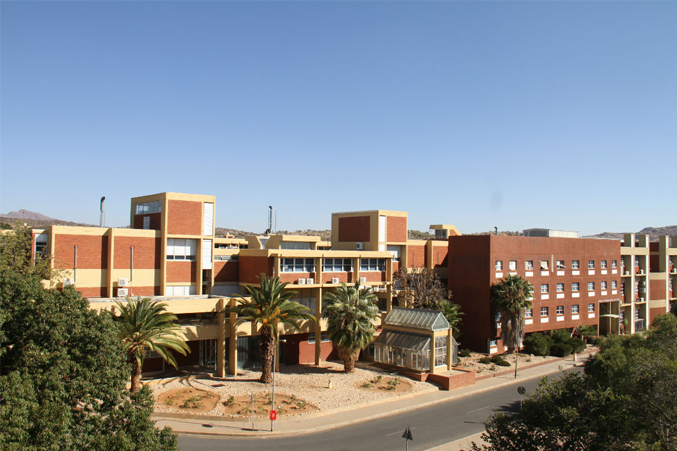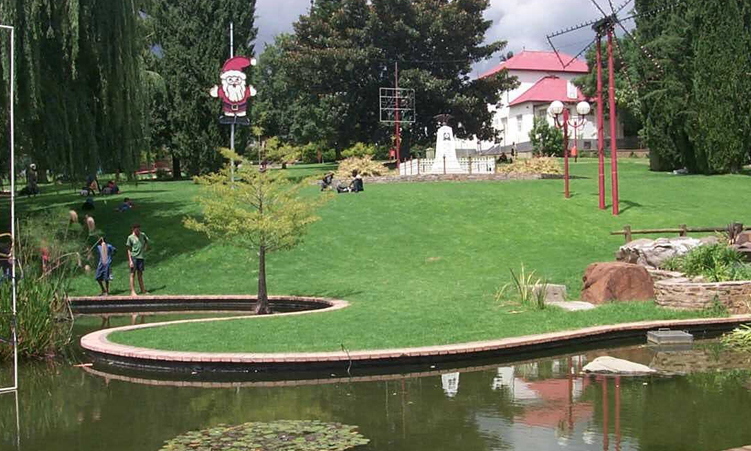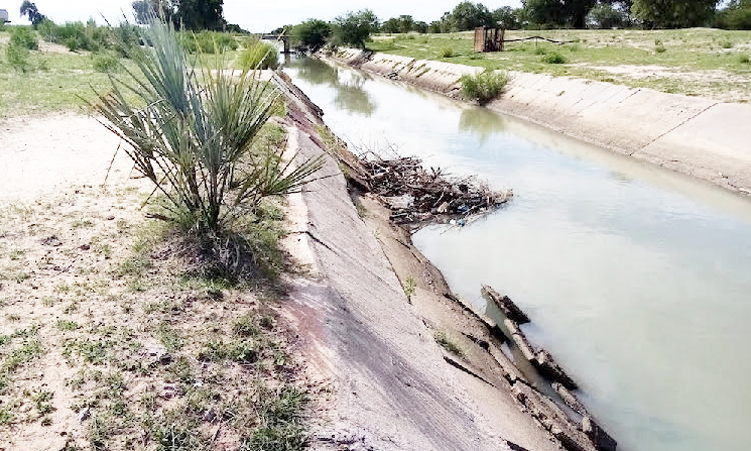AFTER 30 months of hard work the Kuiseb Basin Management Committee (KBMC) was officially launched by Minister Agriculture, Water and Rural Development, Helmut Angula, at the Gobabeb Training and Research Centre in the Namib desert recently.
Basin management committees are mandated in the draft Water Resources Management bill and will to serve the needs of the basin as the purpose of the bill is to bring the management of water and natural resources to the lowest level – the basin level. As an advisory body to the Ministry, basin committees will have a wide range of responsibilities.These include the promotion of community participation, preparation of a water resources plan for the basin, making recommendations regarding the licences and permits and the promotion of community self-reliance.Other functions include cost recovery, maintenance and replacement of waterworks, monitoring and reporting on the effectiveness of policies and actions.They will also manage and share data to properly manage the basin, develop a water research agenda, and assist with conflict resolution within its water management area.Minister Angula said Government was no longer going to manage water resources from a central level with minimal or no involvement of users on the ground.”The best management practices for water resources is by means of carrying it out at a basin level,” he said.He said Government had initiated a process to ensure that the precious resource of water was properly managed to benefit all Namibians through the establishment of basin management committees in all river basins in the country.”A committee such as the Kuiseb Basin Management Committee is instrumental in achieving Government’s objectives as well as the aspirations of the people on the ground.”André Brummer, Head of the Waste, Water and Environment Division at the Municipality of Walvis Bay, and Chairperson of the Kuiseb Basin Management Committee, noted the hard work and dedication of the Kuiseb stakeholders.They have been meeting for about two and half years to discuss the basin, share information and make decisions regarding the establishment of the committee.He said the committee had a constitution to guide its functions as well as a broad-based strategic plan covering the entire basin to guide its operation.The committee have 10 members representing NamWater, Walvis Bay, Gobabeb Centre, communal farmers, commercial farmers, Ministry of Agriculture, Water and Rural Development through the Department of Water Affairs, Ministry of Environment and Tourism, Erongo Regional Council, Khomas Regional Council, and an Environmental Association represented by the Coastal Environmental Trust of Namibia.The Namibia Water Resources Management Review team closely observed and guided the process.The European Commission funded the Interactive Environmental Learning and Action (ELAK) project which facilitated the process in the Kuiseb.As an advisory body to the Ministry, basin committees will have a wide range of responsibilities.These include the promotion of community participation, preparation of a water resources plan for the basin, making recommendations regarding the licences and permits and the promotion of community self-reliance.Other functions include cost recovery, maintenance and replacement of waterworks, monitoring and reporting on the effectiveness of policies and actions.They will also manage and share data to properly manage the basin, develop a water research agenda, and assist with conflict resolution within its water management area.Minister Angula said Government was no longer going to manage water resources from a central level with minimal or no involvement of users on the ground.”The best management practices for water resources is by means of carrying it out at a basin level,” he said.He said Government had initiated a process to ensure that the precious resource of water was properly managed to benefit all Namibians through the establishment of basin management committees in all river basins in the country.”A committee such as the Kuiseb Basin Management Committee is instrumental in achieving Government’s objectives as well as the aspirations of the people on the ground.”André Brummer, Head of the Waste, Water and Environment Division at the Municipality of Walvis Bay, and Chairperson of the Kuiseb Basin Management Committee, noted the hard work and dedication of the Kuiseb stakeholders.They have been meeting for about two and half years to discuss the basin, share information and make decisions regarding the establishment of the committee.He said the committee had a constitution to guide its functions as well as a broad-based strategic plan covering the entire basin to guide its operation.The committee have 10 members representing NamWater, Walvis Bay, Gobabeb Centre, communal farmers, commercial farmers, Ministry of Agriculture, Water and Rural Development through the Department of Water Affairs, Ministry of Environment and Tourism, Erongo Regional Council, Khomas Regional Council, and an Environmental Association represented by the Coastal Environmental Trust of Namibia.The Namibia Water Resources Management Review team closely observed and guided the process.The European Commission funded the Interactive Environmental Learning and Action (ELAK) project which facilitated the process in the Kuiseb.
Stay informed with The Namibian – your source for credible journalism. Get in-depth reporting and opinions for
only N$85 a month. Invest in journalism, invest in democracy –
Subscribe Now!









